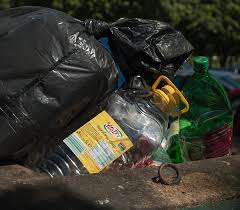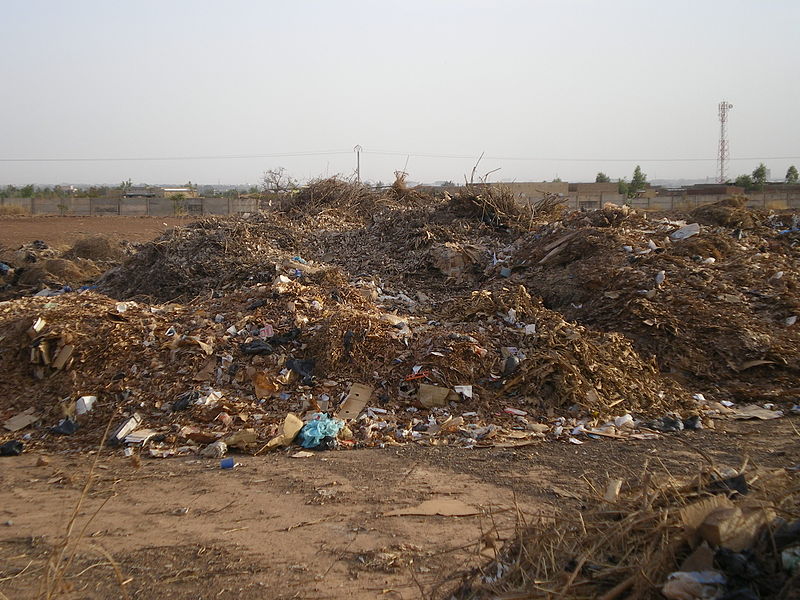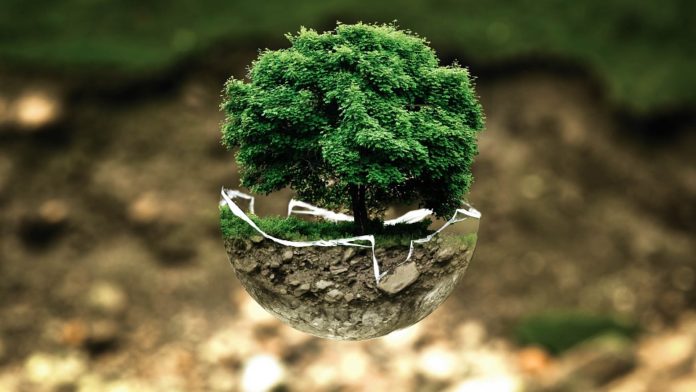Surabaya, Indonesia :

Plastic Bottles 
buy bus tickets with plastic bottles
You can buy bus tickets with plastic bottles . This scheme encourages more people to use public transport and helps clean up the plastic trash. Beijing, Istanbul and sydney have similar models.
Jinan, China :

Cockroaches 
greenhouse gas methane
Cockroaches are used to process food waste, instead of sending it to landfill, where it emits greenhouse gas methane. In the plant, 1 billion cockroaches eat 50 tons of kitchen waste everyday and could eventually process one third of the city’s waste.
As china’s expanding cities generate more waste, many plants like this are appearing.
Karachi, Pakistan :

Bio-methane 
hybrid vehicle
The city will use animal dung to power it’s buses from 2020. Reducing carbon dioxide in the city’s air. While preventing 3200 tons of manure washing into the ocean everyday. Instead, manure will be collected from the city’s 4,00,000 water buffalos, and converted into bio-methane to fuel 200 hybrid vehicles, carrying 3,20,000 passengers everyday.
Copenhagen, Denmark :

cycle lane 
greenhouse gas
Aiming to be the neutral capital by 2025. Powered entirely by wind, sun, geothermal, waste, wood and biomass. It already has 375 km of cycle lanes, with nearly all 6,00,000 residents owning a bike.
Wind Turbines produce the city’s electricity. Helping greenhouse gas emissions drop 40% from 2006 to 2017. The city is also replacing coal power with plants that burn sustainable wood pellets. 70+ cities have pledged to go carbon neutral by 2050.
Cities consume more than two third of the world’s energy and account for about three quarters of CO2 emission.
Rio de Janeiro:

methane gas production 
organic dump
Rio de Janeiro is turning its garbage into energy. I noted of dumping organic waste in polluting landfill sites Rio de Janerio is collecting it and turning it into energy. 10,000 tons arrive daily at Rio’s garbage treatment plant. Where the methane gas produced by the waste is captured and turned into gas. The biogas is sold to industry or the state gas company. The process generates income instead of pollution. The changes to waste treatment are responsible for around two thirds of the city’s emissions reduction.
Reducing emission is a priority for countries around the world. Cities consume more than two thirds of world energy and generate around three quarters of global CO2 emissions. Rio is part of the C40 cities initiative pushing for action on global warming. The city aims to be carbon neutral by 2050.
Could your hometown follow the examples of these cities?
Source: World Economic Forum, Strait times, Thomson Reuters, United Nations, Riu de Janiero department of conservation and entertainment.









